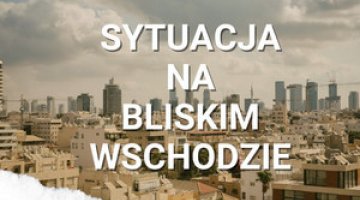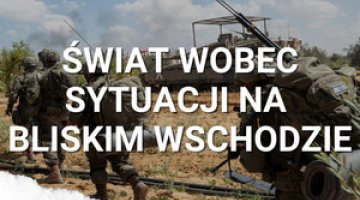Russia attempts to block the investigation into the chemical attack in Syria
On 12 April at the UN Security Council, the Russian Federation vetoed a draft resolution proposed by the United States, France and the United Kingdom appealing to the Syrian government to disclose information and to co-operate with the Organisation for the Prohibition of Chemical Weapons (OPCW) on its investigation into the chemical attack which took place in Khan Sheikhoun in Syria on 4 April this year. According to Russia, the resolution was unnecessary, since the OPCW was already conducting an investigation into this matter, and the presented draft was unacceptable because it determined that it was the Assad regime’s fault before the conclusion of the investigation. One day later, the Russian ambassador to the OPCW (in collaboration with Iran) brought a formal motion at the meeting of the organisation’s Executive Committee for the appointment of a separate special expert mission to investigate this case. On 20 April this motion was rejected, with 21 votes against the motion, 6 for and 13 abstaining.
Commentary
- By blocking the UN Security Council’s resolution and bringing a motion to appoint a special mission to investigate the Khan Sheikhoun attack, Russian diplomacy attempted to halt the investigation already being conducted into this matter by the special Fact Finding Mission established by the OPCW already in 2014 and to discredit the initial findings of this mission suggesting that the Syrian government forces were to blame for the attack. Had the OPCW accepted the Russian-Iranian proposal, the investigation would have been halted at least temporarily due to the need to determine the make-up of the new mission, to negotiate its mandate and operation procedures. Reopening all these issues would have also made it possible for Russia to influence the new mission’s activity.
- Russian diplomatic and propaganda moves around the OPCW’s Syrian mission are yet another example of a trick Russian diplomacy regularly resorts to. It involves masking the real goal of actions taken by presenting them in a way that indicates their purpose is the exact opposite of the intended one; they then publicise the ‘masking legend’ by repeating it many times on a senior diplomatic level. In this case Russian diplomacy has officially justified their proposal to appoint a new expert mission by claiming that their desire is to find out the truth about the Khan Sheikhoun events as soon as possible and in the most objective manner. The real intention of Moscow’s actions, however, is quite the opposite.
- Moscow’s attempt to block the investigation jointly with Iran and with China’s support (China abstained from the vote at the UN Security Council but voted for the Russian proposal at the OPCW) proves that Russia is determined to defend the Assad regime, even at the expense of its reputation and undermining its reliability as a political guarantor of the chemical disarmament of Syria (a task which Russia undertook in 2013). The joint effort of Russia, Iran and China at the OPCW forum is another confirmation of the community of interests and coordination of the policies of these three countries with regard to the US policy in Syria, which is treated as part of the game where the shape of the international order is at stake.




